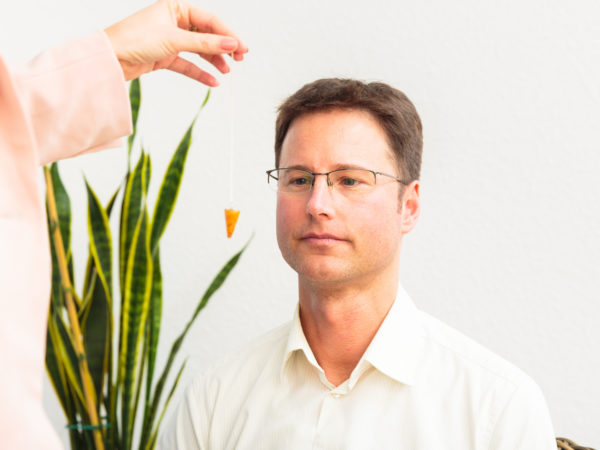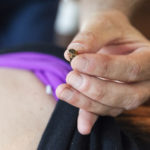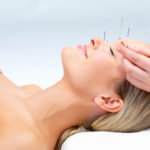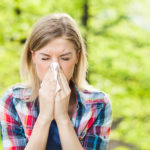Natural Treatment for Seasonal Allergies?
This year I’ve found that my allergies can’t be controlled with stinging nettle and quercetin. Are there any other remedies I can try? (The non-drowsy prescription antihistamines are not effective for me.)
Andrew Weil, M.D. | September 17, 2002

I’m sorry to learn that my favorite natural allergy treatments aren’t helping your seasonal allergies this year. As you may know, I’m not a great fan of antihistamines, which don’t change the allergic process but merely block its expression. Steroid nasal inhalers used for treatment of hay fever and other seasonal allergies can be very effective, but some of the steroids are bound to get into the rest of the body and these hormones weaken the immune system. My preference among conventional treatments is the non-prescription drug cromolyn sodium (Nasalcrom Nasal Solution). It works and is nontoxic. If that doesn’t help, you may have to try a steroid nasal spray such as Vancensae, preferably for a limited time.
You don’t mention what type of allergy you have, but I’m assuming it is seasonal pollen allergy. If so, you might try nasal douching with a warm saline solution to rinse pollen grains off nasal tissues and soothe irritated mucus membranes. I would also recommend trying some lifestyle modifications. All allergies have the potential to disappear if you make changes in both lifestyle and your mental state. Here are my suggestions:
- Follow a low-protein diet and try to eliminate milk and milk products. Excessive protein can irritate the immune system and keep it in a state of overreactivity. The protein in cow’s milk is a frequent offender.
- Try hypnosis, which can lessen or completely prevent allergic reactions and facilitate the immune system’s unlearning of its pointless habits (in this case, an inappropriate response to pollen, dust, mold or animal hair or other substances that cannot really hurt us).
- Consider whether stress impacts your allergy and, if so, take steps to reduce it. I’ve seen long-standing, severe seasonal allergies disappear when people switched jobs, left a relationship or otherwise eliminated a source of stress.
- Dust-proof your bedroom by eliminating wall-to-wall carpets, down-filled blankets, feather pillows and other dust catchers.
- Substitute window shades for Venetian blinds, which can trap dust; be sure to wash curtains regularly in hot water to kill dust mites.
- Encase your mattress in an airtight, dust-proof plastic cover; dust your furniture with a damp cloth; and damp-mop floors regularly to pick up dust.
- Consider buying an air filter. I recommend a HEPA (high-efficiency particulate air) filter, which removes particles in the air by forcing it through screens containing microscopic pores. These devices work well and aren’t too expensive. Get one for the main rooms in your house, or move one from room to room regularly. Avoid air-filtering equipment that generates ozone (HEPA filters don’t).
Andrew Weil, M.D.
Learn more about seasonal allergies and other allergy and asthma related topics today.


















